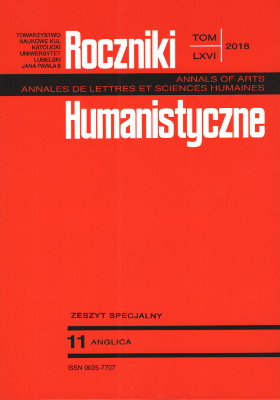Transhumanism and Utopia in Kenneth Folingsby’s Meda: A Tale of the Future
Transhumanism and Utopia in Kenneth Folingsby’s Meda: A Tale of the Future
Author(s): Marta KomstaSubject(s): Language and Literature Studies, Studies of Literature, Other Language Literature
Published by: Towarzystwo Naukowe KUL & Katolicki Uniwersytet Lubelski Jana Pawła II
Keywords: transhumanism; utopia; brain; disembodiment
Summary/Abstract: The paper examines the evolutionary aspect of morality in Kenneth Folingsby’s Meda: A Tale of the Future, a nineteenth-century utopia, in the context of the transhumanist tenets of progress and enhancement sensu Nick Bostrom, Max More, and others. A literary descendant of Edward Bulwer-Lytton’s The Coming Race, the key evolutionary utopia of the late Victorian period, Folingsby’s narrative depicts progressive disembodiment of the futuristic eutopia as a result of the unprecedented development of the human brain. Echoing Bulwer-Lytton’s satirical stance on the implications of the evolutionary process, Meda attempts, thus, to delineate the guided evolution of the utopian community in terms of the correlation between moral progress and intellectual enhancement.
Journal: Roczniki Humanistyczne
- Issue Year: 66/2018
- Issue No: 11S
- Page Range: 45-55
- Page Count: 11
- Language: English

